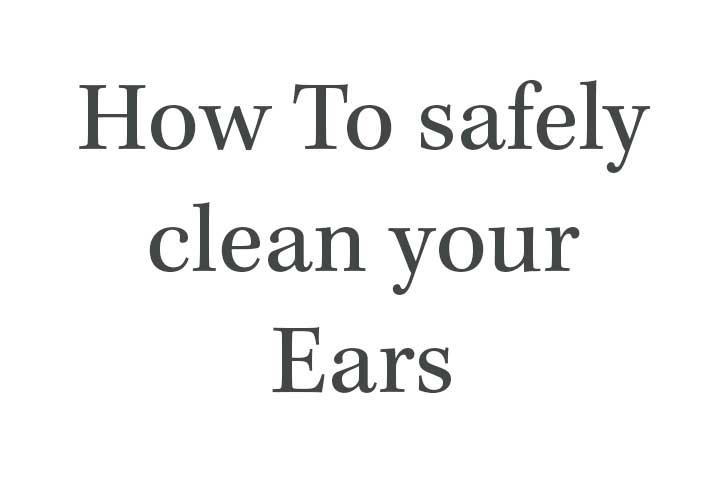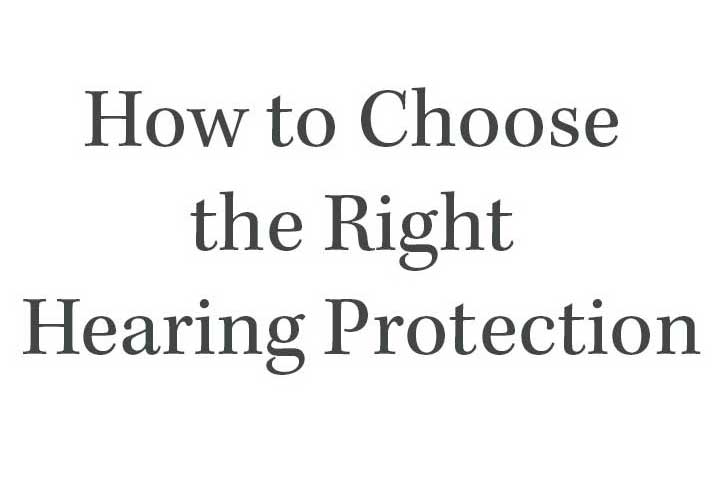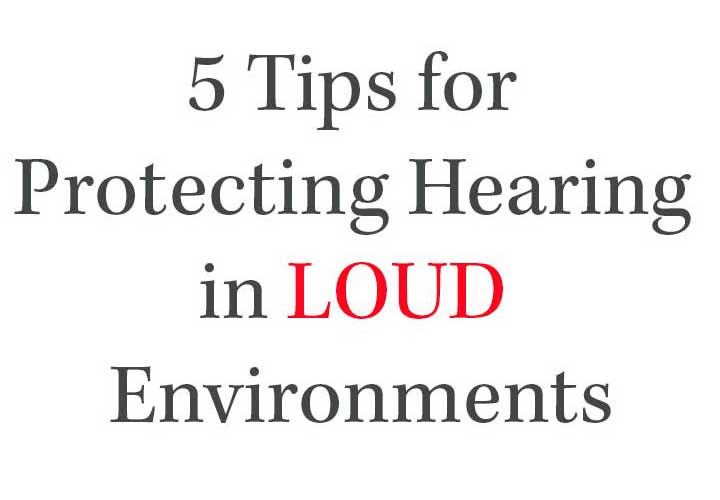How Age Affects Hearing and What You Can Do About It
As we age, many changes occur in our bodies, and one of the most common but often overlooked effects is on our hearing. Age-related hearing loss, known as presbycusis, is a gradual process that affects most people to some degree as they grow older. In this blog post, we will explore how age impacts hearing and what you can do to protect your hearing and manage any changes you may experience.
Understanding Age-Related Hearing Loss (Presbycusis)
Presbycusis is the most prevalent form of hearing loss, affecting nearly one-third of people aged 65 and older. It occurs when the structures of the inner ear, or the auditory nerve that transmits sound signals to the brain, deteriorate over time. This natural degeneration happens slowly, often going unnoticed until significant damage has occurred.
Several factors contribute to presbycusis, including:
- Changes in the Inner Ear: The hair cells in the cochlea, which are responsible for detecting sound vibrations, gradually wear down. This reduces the ear’s ability to detect high-pitched sounds, making it more difficult to hear certain frequencies, like the voices of women or children.
- Reduced Blood Flow: As we age, blood flow to the ears decreases, leading to a reduction in the nutrients that support the cells responsible for hearing. This can result in further damage to the auditory system.
- Genetics: Some people may be more predisposed to age-related hearing loss due to genetic factors. If your parents or grandparents experienced hearing loss, you may be more likely to experience it as well.
- Health Conditions: Other health problems, such as diabetes, high blood pressure, or cardiovascular issues, can exacerbate hearing loss. These conditions can damage the blood vessels in the ear, further limiting the ear’s ability to function properly.
- Prolonged Exposure to Loud Noise: While noise-induced hearing loss typically happens from exposure to loud sounds over time, older adults who have had years of exposure to loud environments—whether at work or socially—may experience more severe hearing issues as they age.
Symptoms of Age-Related Hearing Loss
The symptoms of presbycusis tend to develop gradually, and they often go unnoticed until hearing becomes significantly impaired. Common signs include:
- Difficulty understanding speech in noisy environments: People with age-related hearing loss often find it difficult to understand speech, particularly when there’s background noise.
- Muffled or unclear sounds: You may begin to notice that sounds, especially higher-pitched ones, seem muffled or unclear. This is often most noticeable with speech.
- Frequently asking people to repeat themselves: If you find yourself constantly asking others to speak more slowly or repeat themselves, it could be a sign of hearing loss.
- Ringing in the ears (Tinnitus): Many older adults experience tinnitus, a condition that causes ringing, buzzing, or hissing sounds in the ears. This can be a symptom of hearing loss or an underlying health condition.
The Impact of Hearing Loss on Quality of Life
Age-related hearing loss can have a significant impact on your quality of life. Not only can it affect your ability to communicate, but it can also lead to:
- Social Isolation: Difficulty hearing in conversations can make it challenging to stay socially active. People with hearing loss may withdraw from social events or avoid group conversations because they can’t keep up with the dialogue.
- Depression and Anxiety: The frustration of not being able to hear properly can contribute to feelings of loneliness, sadness, or anxiety. Over time, this can lead to depression.
- Cognitive Decline: Studies have shown that untreated hearing loss can be associated with a higher risk of cognitive decline. The brain’s auditory processing areas may weaken over time if they are not actively stimulated by sound, contributing to memory loss or difficulty focusing.
- Safety Issues: Not being able to hear warning sounds, like a car horn, alarm, or the sound of footsteps behind you, can pose safety risks. People with significant hearing loss may also be less likely to respond quickly to emergency situations.
What You Can Do About Age-Related Hearing Loss
While hearing loss due to aging is a natural part of the process, there are steps you can take to protect your hearing and manage any hearing changes you experience.
- Schedule Regular Hearing Check-ups
Routine hearing tests can help detect hearing loss early. Audiologists recommend getting a hearing test every few years, especially if you’re over 50, even if you haven’t noticed any hearing issues. Early detection can help you make decisions about hearing aids or other interventions that can improve your quality of life.
- Consider Hearing Aids
Hearing aids are one of the most common solutions for managing age-related hearing loss. These small electronic devices amplify sound, making it easier for individuals to hear speech and other important sounds. Modern hearing aids come in various styles and sizes and can be customized to your specific hearing needs.
- Limit Exposure to Loud Noises
To protect your hearing, try to avoid exposure to loud noises. If you find yourself in noisy environments, such as concerts, construction sites, or busy streets, consider wearing ear protection like earplugs or earmuffs. Prolonged exposure to loud noises can accelerate hearing loss, so it’s important to take steps to safeguard your hearing.
- Maintain a Healthy Lifestyle
Healthy habits can help preserve your hearing for as long as possible. Regular exercise, a balanced diet rich in vitamins and minerals, and avoiding smoking and excessive alcohol consumption can all contribute to better overall health and hearing. Additionally, controlling chronic health conditions like diabetes and high blood pressure can prevent further damage to your auditory system.
- Practice Good Ear Hygiene
Avoid inserting objects like cotton swabs into your ears, as this can push earwax deeper into the ear canal and damage the eardrum. If you experience a buildup of earwax or discomfort in your ears, consult an audiologist for safe and effective ear cleaning.
- Consider Assistive Listening Devices
In addition to hearing aids, there are other devices that can help improve your ability to hear in certain situations. These may include personal amplifiers, amplified telephones, or even devices that connect your hearing aids to televisions or smartphones for better sound clarity.
- Stay Socially Active
Engaging in conversations and participating in social activities can help keep your auditory processing skills sharp. If you’re having trouble hearing, let others know so they can help accommodate you. For example, they might speak more clearly, face you when speaking, or reduce background noise.
Conclusion
Age-related hearing loss is a common condition that affects millions of people worldwide. While it can be a frustrating and isolating experience, there are many steps you can take to protect and improve your hearing. Regular hearing check-ups, the use of hearing aids, and leading a healthy lifestyle can all help you manage the effects of age-related hearing loss and maintain a good quality of life. If you’re experiencing any signs of hearing loss, it’s essential to consult with an audiologist to discuss potential treatment options and find the best solution for your needs. By taking proactive steps, you can continue to enjoy the sounds of life for many years to come.




